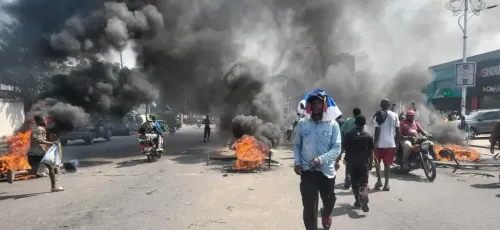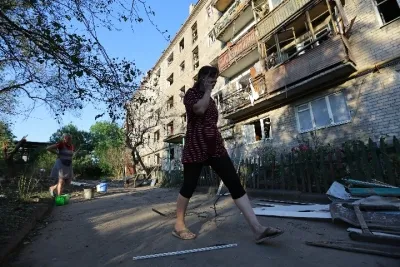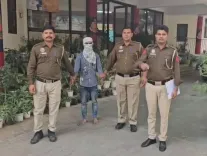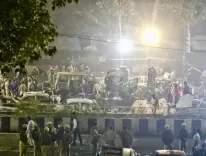Is the Awami League Right to Accuse the Yunus Government of State-Sponsored Murders in Prisons?
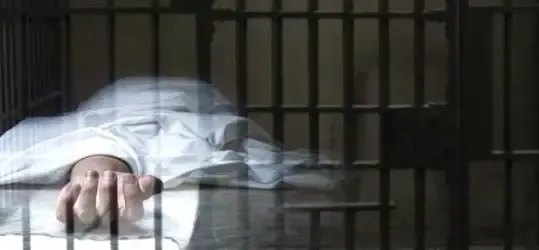
Synopsis
Key Takeaways
- The Awami League accuses the Yunus government of orchestrating systematic murders of its leaders.
- Claims of poisoning and medical neglect in prisons have been made.
- Nearly fifty leaders and activists have reportedly been killed.
- The party demands an independent investigation to ensure justice.
- These allegations highlight concerns over human rights violations in Bangladesh.
Dhaka, Nov 21 (NationPress) The Awami League of Bangladesh has accused the interim government led by Muhammad Yunus of orchestrating a campaign of systematic murders targeting its leaders and supporters within the prison system.
Criticizing the Yunus administration, the party claims that these killings are occurring under government directives and the complicity of prison officials.
“The victims may vary, but the same tragic narrative is being replayed. Approximately fifty leaders and activists have fallen victim to these state-sponsored executions. From cabinet members to local leaders, no one is exempt. When a recognized anti-state terrorist faction turns the state into a hub of terror, executioner-like bodies emerge in all sectors,” the Awami League declared in a statement.
“Prison authorities seem to have become agents of death, with their primary objective being to systematically drive Awami League leaders and activists, as well as national figures from other parties and progressive thinkers, towards their demise. There are claims that prisoner meals are being tainted with slow-acting poison, leading to various health issues. Many are perishing in prisons, victims of calculated murders,” the statement continued.
The Awami League further noted that those released on bail report a range of concerning physical ailments, with medical examinations revealing signs of slow poisoning. They asserted that several individuals have come forward publicly with these revelations, providing evidence.
“Within the prison walls, the illegitimate usurper government is administering slow poison while simultaneously denying necessary medical care when complications arise,” the party asserted.
In a strong condemnation of what it termed a “deliberate murder campaign by the illegitimate usurper killer-fascist Yunus faction in the prisons,” the Awami League is calling for the establishment of an independent and impartial investigation led by international forensic experts under the auspices of the United Nations and other global entities, to probe these killings and ensure justice is served.

